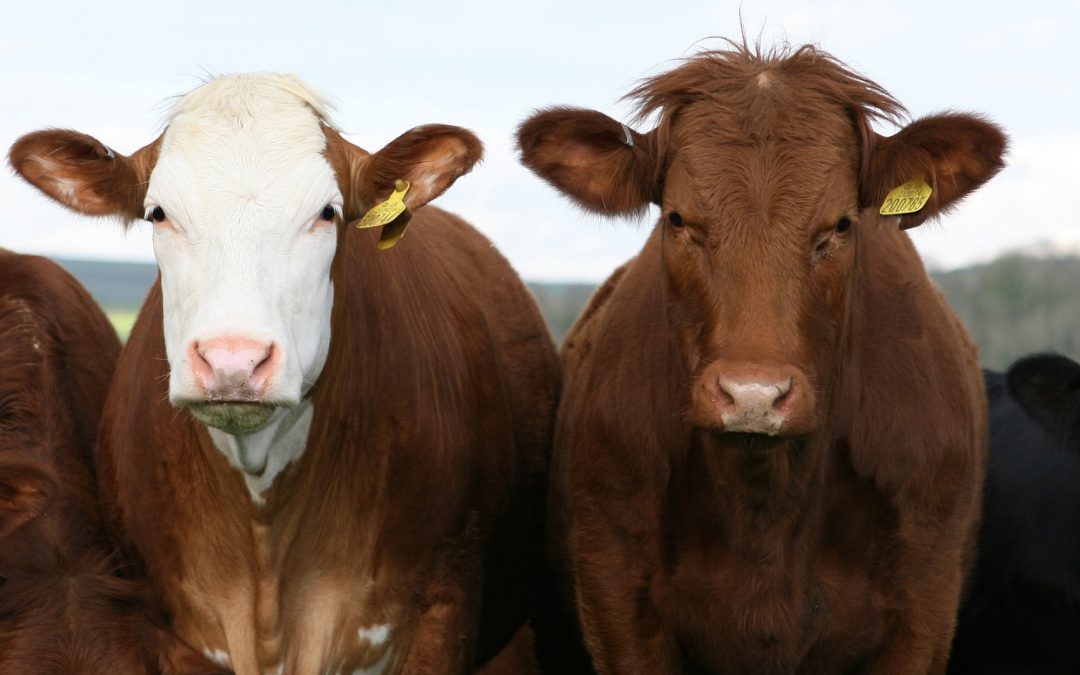Why do farmers take so long…
to buy into something new?
There is an old saying: ”Are you willing to bet the farm on that?”
Today, the answer is “no.”
And a longer answer is, “If I wait, I might lose a bit, but I will not lose everything.”
Farmers’ skepticism has generally paid off, because they don’t jump on the latest, hottest, and newest thing. They always think about the other side of the coin.
“What if it’s not true?”
Farmers just want to grow what they grow, do it well, and get paid fairly for doing it.
That’s it.
The only time they turn to something else is when that scenario seems impossible.
I’m old enough to remember Jerusalem artichokes. They were going to make southern Minnesota farmers rich.
They made them broke.
Remember ostriches? Ostrich eggs to be exact. We don’t hear too much about ostrich protein anymore.
Alpacas and llamas? Same thing.
Yes, a few do well, but it’s not something that everybody can make money on.
But corn and soybeans in a good market?
Everybody wins.
Wind turbines are another thing that comes to mind. In the early 2000s, they were all the rage. Now, they are reaching the end of their lifespan. Payback was supposed to be in 15 years, and that gives you five years to make some money (kinda like chicken houses).
In the meantime, concrete has been poured three stories into the ground. And oh, by the way, you can’t recycle the blades. The engine takes 900 gallons of oil and needs to be replaced often. And they mostly operate at about 35% capacity.
I’ve not had an opportunity to talk with farmers who put in wind turbines 20 years ago versus those who did not, but I think it would be really interesting.
There are a lot of initiatives going on in ag right now. I fear that most of them are being pushed by people who don’t understand much about farming or farmers.
For them, it’s the latest shiny coin.
For farmers, it’s the farm.
Here’s another example of an idea that turned out to be not so bright.
It has harmed beef farmers, and in the end, consumers.
In February of last year, the International Journal of General Medicine published a study that was easy to miss, as no major media publication reported on “Total Meat Intake is Associated with Life Expectancy: A Cross-Sectional Data Analysis of 175 Contemporary Populations,” by Dr. Wenpeng You and his team of researchers.
For years, we have heard that the secret to a long life is to cut back on meat consumption and increase our intake of carbs—advice that is enshrined in the USDA’s Dietary Guidelines for Americans.
But that’s not what these researchers found.
Dr. You and his team analyzed data from 175 countries and territories—in other words, almost the whole world—and used various statistical methods to “explore and compare the correlations between newborn life expectancy … life expectancy at five years of life … and intakes of meat, and carbohydrate crops, respectively. The established risk factors to life expectancy—caloric intake, urbanization, obesity and education levels—were included as the potential confounders.”
The researchers found that worldwide, meat intake was associated with a longer life.
“This relationship remained significant when influences of caloric intake, urbanization, obesity, education, and carbohydrate crops were statistically controlled.”
By contrast, consumption of carbohydrates had a weak but negative correlation with life expectancy.
I am reminded of an important study, described in The Guardian, carried out almost 20 years ago—also ignored by the media—which showed just how important meat is for growing children.
Over a period of two years and compared to those who received a cup of milk, an oil supplement, and a group that received no supplement, those who received meat “almost doubled their muscle development, and showed dramatic improvements in mental skills. They also became more active, talkative and playful at school … and showed more leadership skills.”
“Test scores for mental skills improved by 35 points for the meat group, 14 for the milk, and remained unchanged for the children who received no [animal-based] supplements,” the study revealed.
Animal foods—especially meat—are vital for growth, development, mental function, and a long life.
Stop asking farmers to bet the farm on new ideas that may or may not pan out – and start supporting what they really want to do:
Grow what they grow, do it well, and get paid fairly for doing it.

